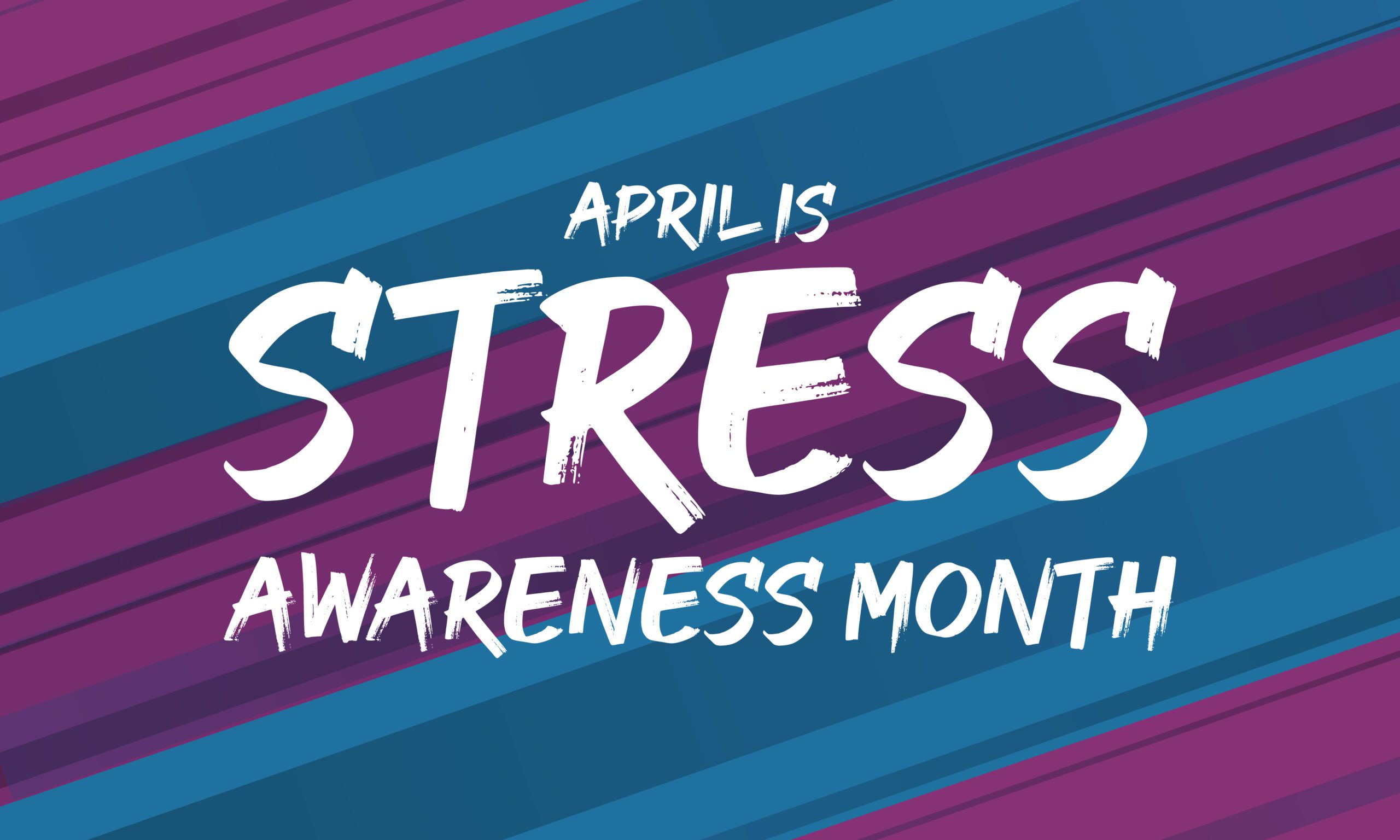Rage quitting is all the rage these days. In rage quitting, an employee basically tells their employer to “take this job and shove it.”
Sounds empowering, doesn’t it? However, you may want to take a deep breath before joining this movement.
What’s Fueling Rage Quitting
Frustrated workers are most likely to walk out the door in a fit of rage. If one more thing goes wrong, they’ll quit in a flash.
Work is a source of stress for many employed workers, leading to irritability, exhaustion, and difficulty regulating emotions. According to the American Institute of Stress, 55% of Americans are stressed during the day, and 63% of US workers are ready to quit their jobs to avoid work-related stress.
Everyone experiences stress from time to time. But what happens when stress levels impact physical and mental health? Eventually, something must give.
We’re seeing a surge in employee quit rates due to several factors, including unrealistic work expectations, company layoffs, and overworked employees. People are getting to the point where they believe quitting is their only option.
The Negative Effects of Rage Quitting
Hollywood has done a great job of helping us fantasize about quitting our job on the spot. The perfect example of this is Tom Cruise as Jerry Maguire, who grabs Flipper the Goldfish and quits his soul-crushing job. In the end, he goes on to make millions.
Your story may have a very different ending. Here’s why.
- You won’t star in a Hollywood movie about you and be paid millions of dollars to do so.
- You’re now unemployed, and the likelihood of getting a good reference is slim to none.
- You may also have to explain to your partner or spouse how you just put your family’s financial security at risk.
Here’s What You Can Do Instead of Rage Quitting
When things start to heat up, it’s better to take a few deep breaths before making a hasty decision. Think about what’s really bothering you. Then, schedule a meeting with your boss to discuss your situation.
If, after doing so, you still believe quitting your job is the right move, you can give proper notice or look for a new job while you’re still employed.
While the allure of a dramatic “rage quit” may be tempting in the face of workplace stress and frustration, resisting that impulse is crucial.
It may be tempting to fantasize about a dramatic Hollywood-style exit, but the reality is far less glamorous. Burned bridges, tarnished reputations, and financial insecurity await those who give into their anger. The high road may not be the easiest, but it is the one that will serve you best, both now and in the future.
To learn more about stress-related issues go to stress.org
By Roberta Matuson-Follow me on Twitter or LinkedIn. Check out my website.

